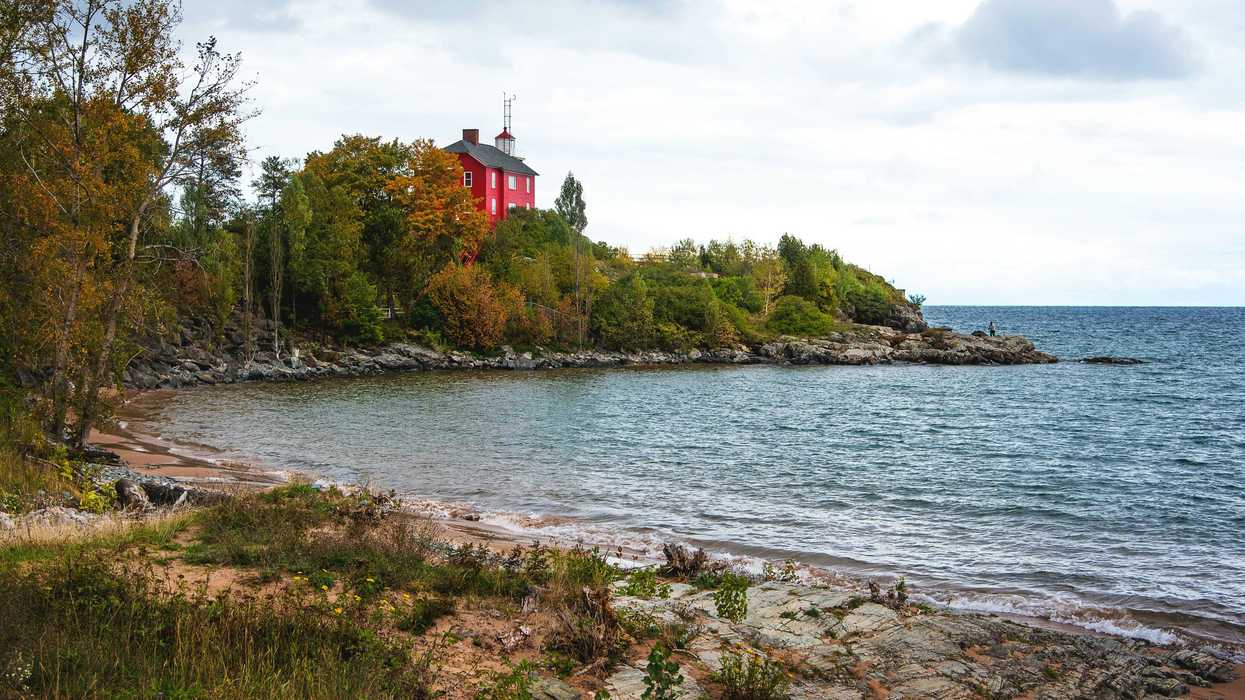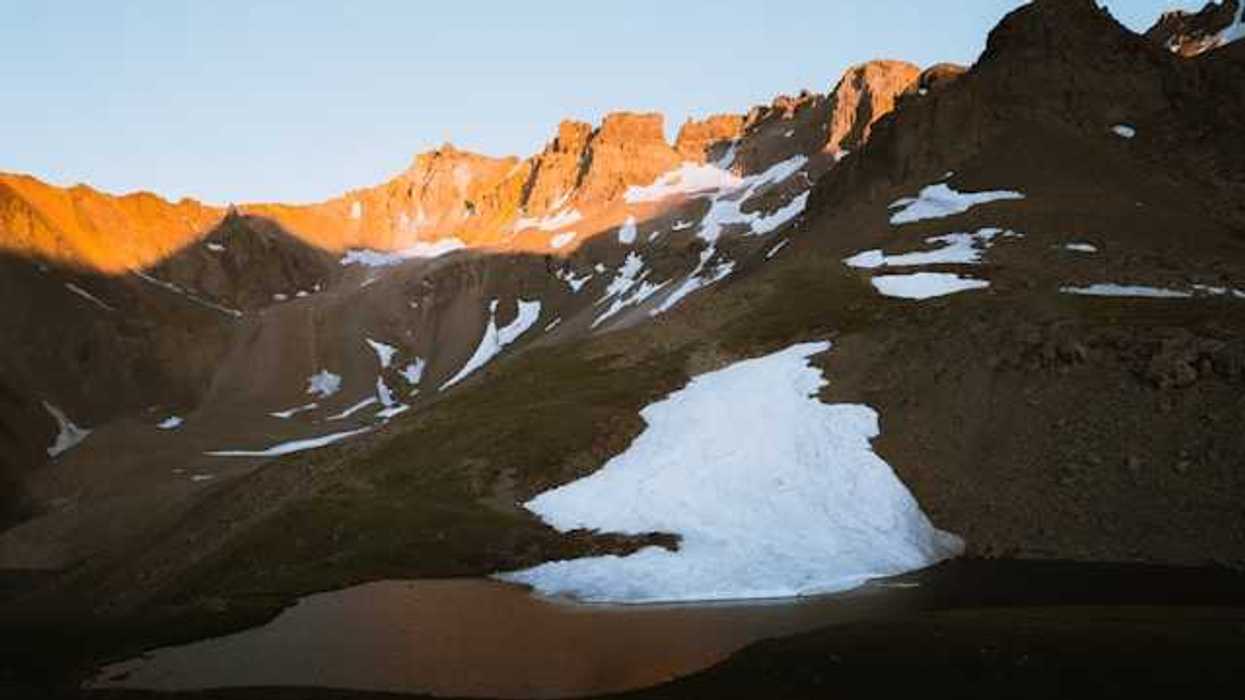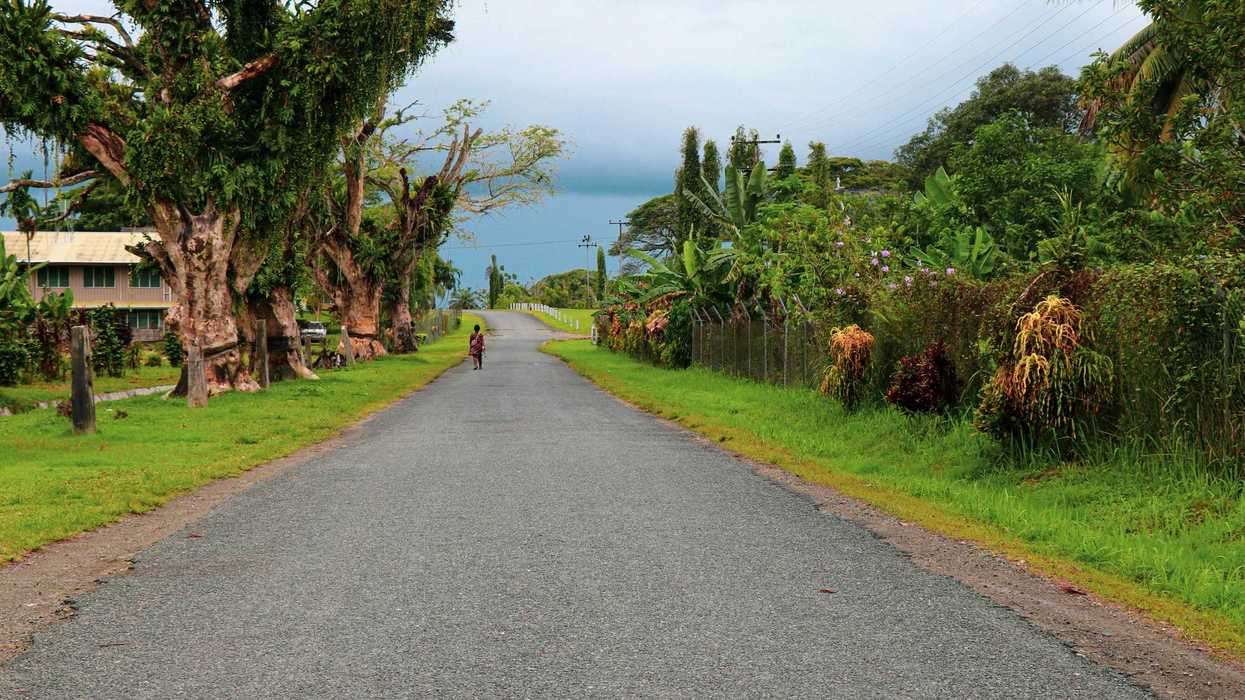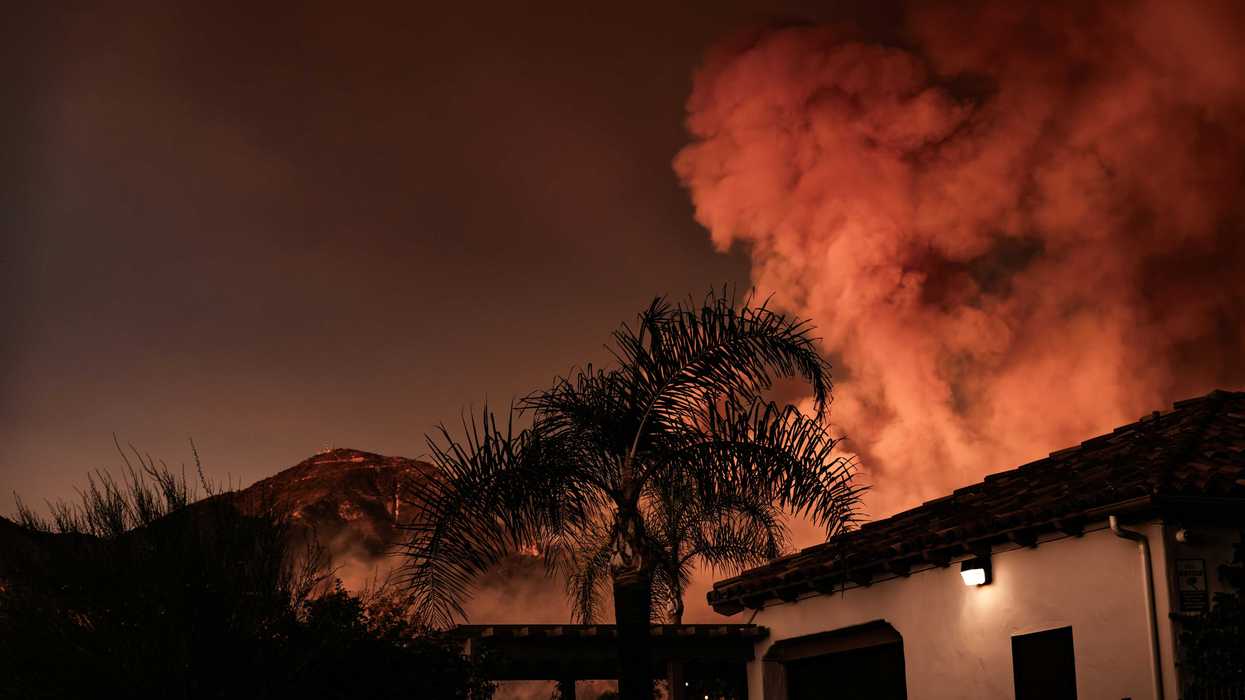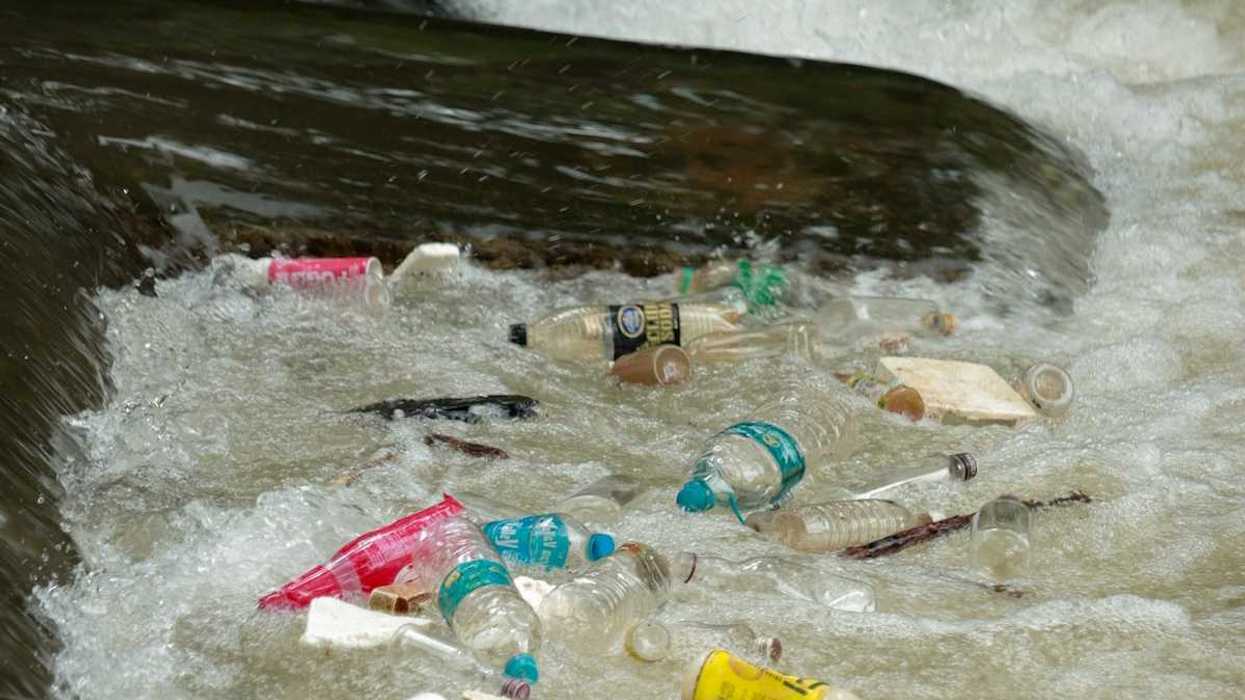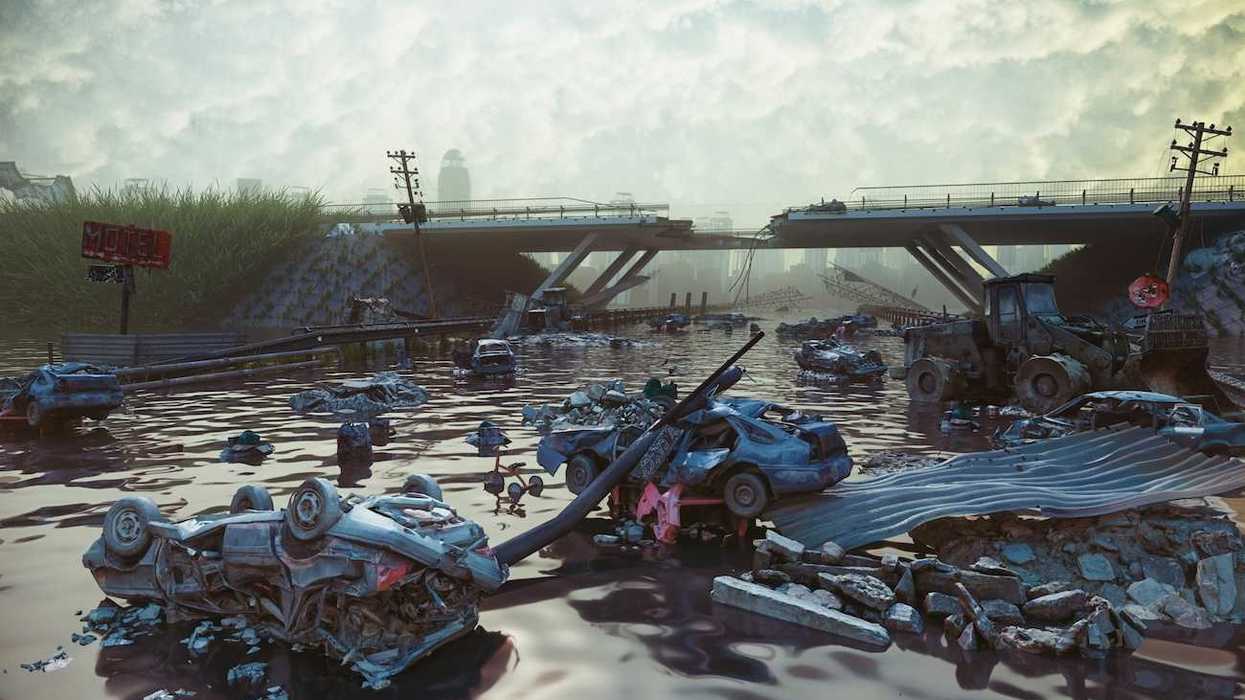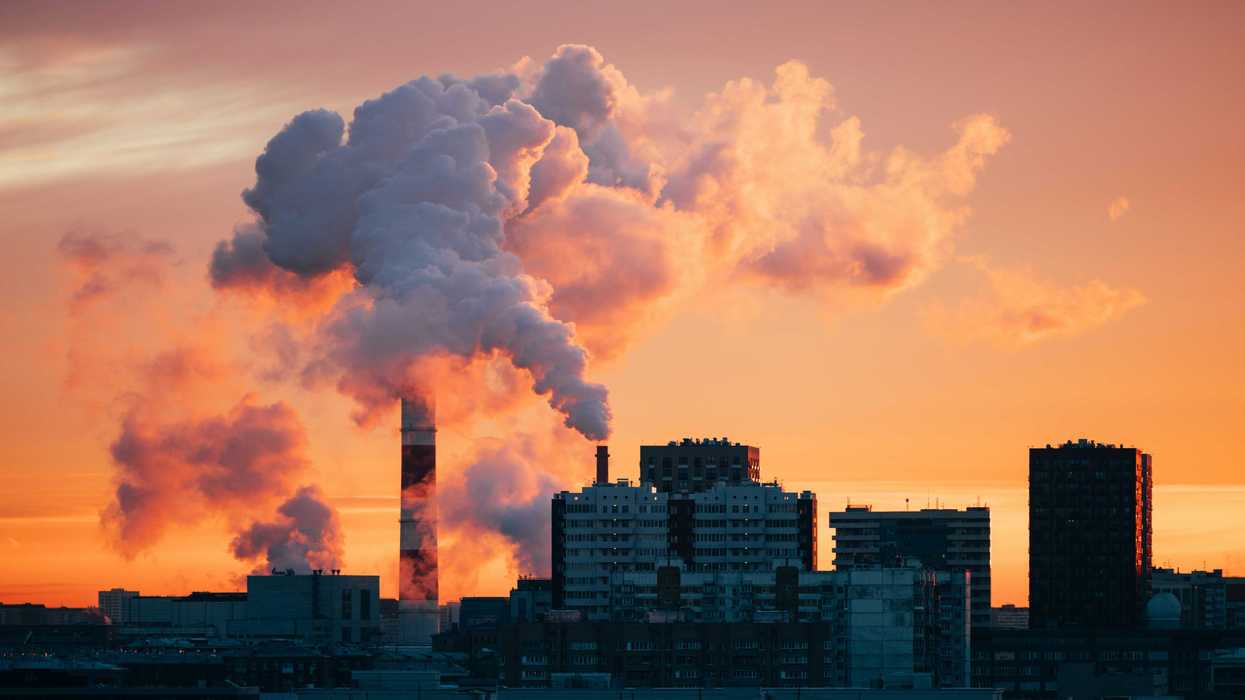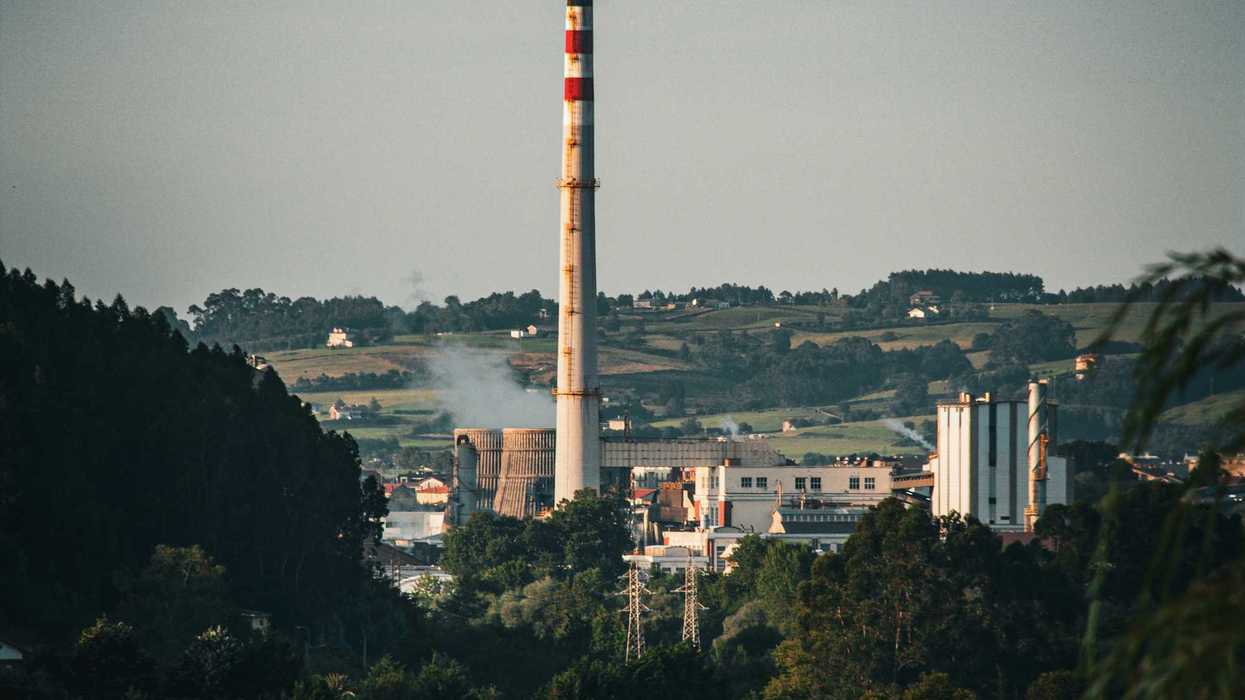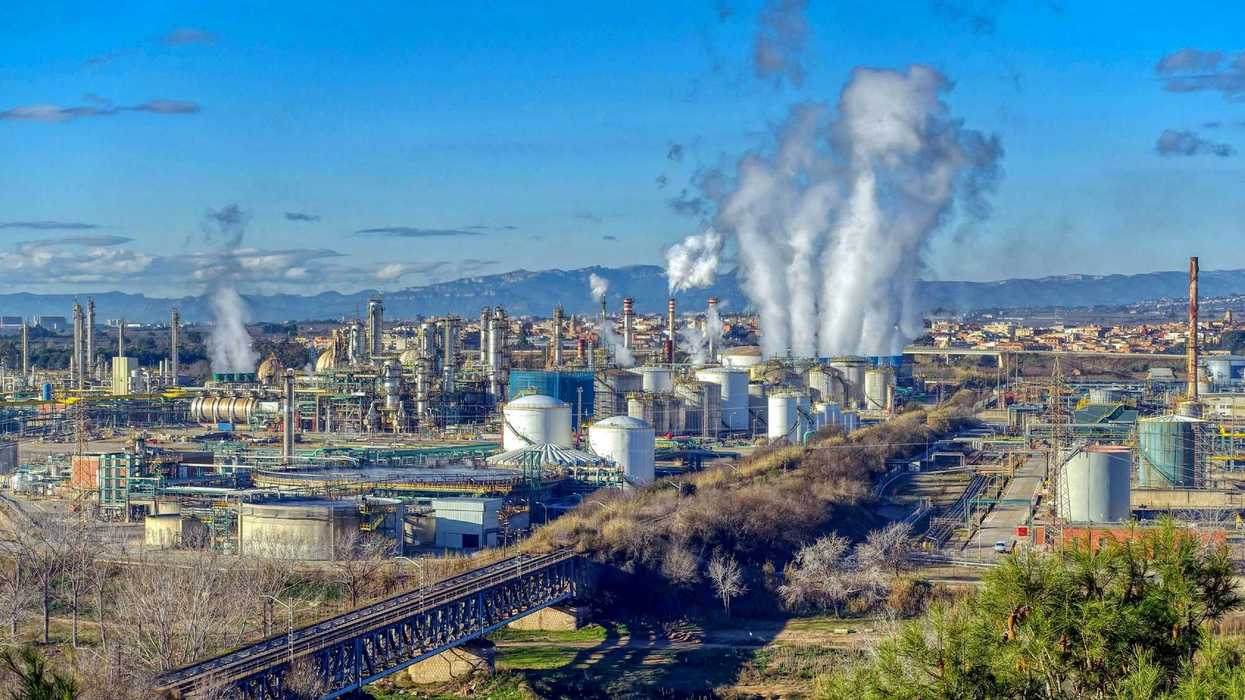Scientists studying Qikiqtaruk, a small island in Canada’s western Arctic, are witnessing the collapse of its ecosystem as thawing permafrost and rising seas cause landslides and habitat loss.
Leyland Cecco reports for The Guardian.
In short:
- Thawing permafrost on Qikiqtaruk has triggered more than 700 landslides, reshaping the tundra and threatening wildlife habitats.
- Long-term ecological data is being lost as monitoring sites vanish into the sea, complicating efforts to track climate impacts.
- Indigenous Inuvialuit communities and researchers warn of the cascading effects on biodiversity, including caribou and migratory birds.
Key quote:
“It feels like we’re at the frontier of change on this island, where the fabric of the landscape itself is tearing apart.”
— Ciara Norton, Team Shrub research assistant
Why this matters:
The rapid thaw of permafrost releases vast amounts of carbon, intensifying global warming. Ecosystem shifts threaten species reliant on Arctic conditions, while the loss of traditional and ecological knowledge underscores the need for urgent climate action.
Learn more:


